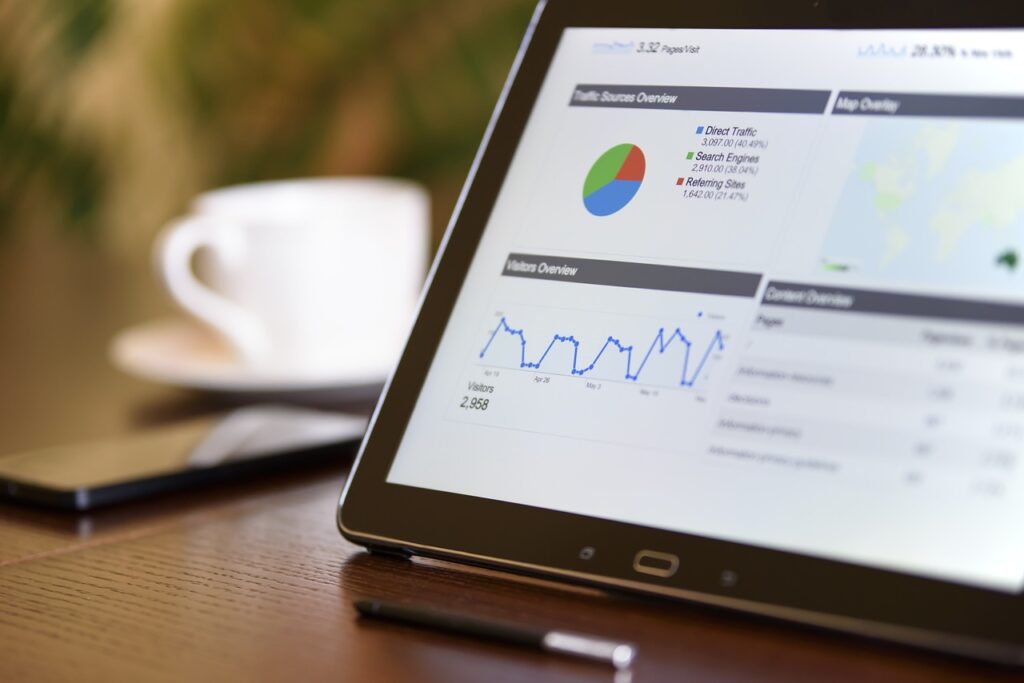Think about these decisions that you may have made yesterday and how you arrived at them:
- If you traveled somewhere, what route did you take? Did you leave earlier or later than you normally would?
- Before you left your home, did you grab a jacket or umbrella?
- Did you go out for a meal? How did you decide where to eat?
- Did you book your next vacation? Where are you going? What hotel did you pick?
- Did you order a new kitchen gadget? Which one did you get? (Please share, I like buying things for my kitchen.)
It’s possible you made these decisions based on instinct or habit. You always leave for work at 8:05 AM, so that’s when you left, even though the buses were delayed. It’s April, so you took a jacket just in case, even though it was 80 degrees. What if you didn’t bring your winter jacket and it was only 20 degrees?
Maybe you did things differently. You checked reviews online and picked a restaurant to eat at based on positive reviews, even though the restaurant didn’t look like much on the outside. Or you bought the new coffee maker with tens of thousands of 5-star reviews, instead of the one that came in your favorite color. If you did any of these, data helped you decide what action to take.
Although you might not realize it, you are probably data driven in your personal life. When you use an app to check the traffic, you are viewing data that has been compiled to help you determine your driving route and departure time. If you see there’s rain in the forecast, you gain the insight to bring a raincoat or umbrella. If a hotel has mostly negative feedback, you don’t make a reservation. By using data, you were armed with knowledge specific to your situation that you didn’t otherwise have.
Despite its role in our personal lives, we typically think about data driven decision making in the business world. Businesses collect many data points each day, and these are analyzed to generate insights that can answer questions. Data can help businesses understand many things, such as identifying customers who are churning and why, what marketing campaigns are most effective, how effectively costs are being managed, and the details of daily operations that can be optimized. These are just the tip of the iceberg. While the personal and professional uses of data in decision making differ in several ways, the key concept is the same: data provides you with knowledge you might not otherwise have to make a context-specific decision.
While data driven decision making is quite important for businesses, it can be difficult to know where to begin. Data can be hard to navigate and there are often many tools to choose from. Larger organizations may have the resources to hire experienced data professionals and dedicated data teams. Smaller organizations may not be able to support dedicated staff. However, a viable option could be a business analytics consultant to provide the targeted guidance necessary to get started. Wherever you fall on this spectrum, there is value in using data.
Businesses are collecting more data than ever. If you use data to make decisions in your personal life, you already know how to be data driven. If you’re not already doing it, why not apply this skill you already have to your professional life?
Author’s Note: This post was inspired by several sessions at DataCamp’s Radar 2023 event.

